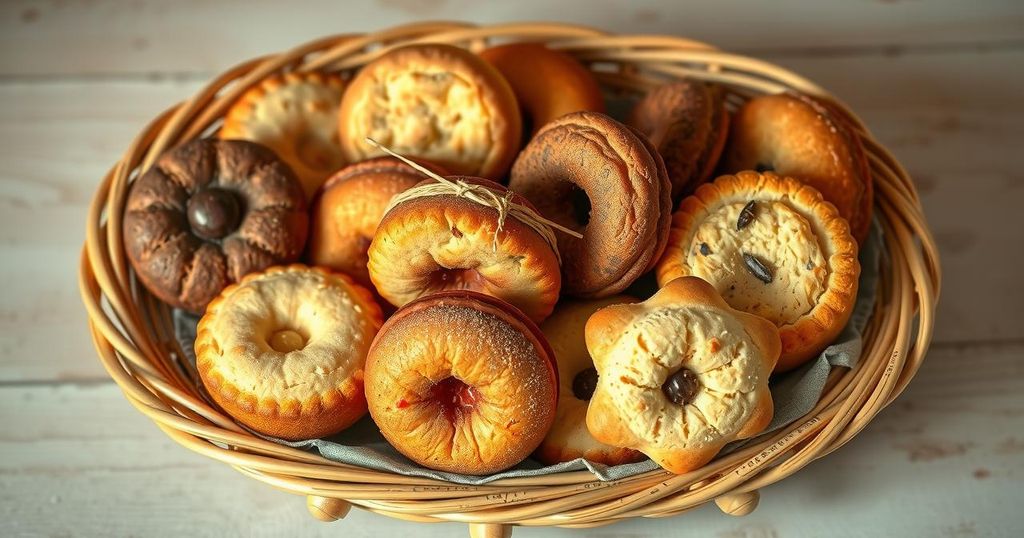Nigeria’s biscuit industry faces a significant decline in sales driven by shrinking consumer purchasing power and prolonged inflation, leading to reduced demand. Key manufacturers have reported factory shutdowns, and local producers are challenged by rising imports from abroad. The overall economic environment complicates operational performance and profitability in the biscuit market.
Nigeria’s biscuit industry is experiencing a notable downturn in sales due to several factors including reduced consumer purchasing power, inflationary pressures, and factory closures. The 2017 KPMG report had estimated the biscuit market at N121 billion and predicted significant annual growth. However, demand may have plummeted from an annual rate of 15-20 percent to less than five percent as consumers prioritize essential expenditures such as food and clothing over snacks.
Akin Akintayo, the chairman of the Biscuit and Bakery Group of the Manufacturers Association of Nigeria (MAN), emphasized that the rapid decline in demand has severely impacted average and low-income earners, who form the key market segment for biscuits. He noted that some manufacturers have halted operations due to the persistent downturn in the sector.
The Nigerian biscuit and bread market was valued at N243 billion in 2017, with 80 percent belonging to the bread segment. From 2017, Yale Foods led the biscuit market with a 37 percent share, followed by OK Foods and A&P Foods, among others. Recently, market dynamics have shifted, with Beloxxi expanding and Deli Foods reportedly shutting down.
With Nigeria’s minimum wage at N70,000 monthly, rising inflation has significantly influenced spending habits, causing consumers to become increasingly selective. The Manufacturing Association of Nigeria (MAN) noted that unsold product inventories rose by 12.9 percent in the second half of 2024, indicating diminishing consumer purchasing capacity. Operating margins for biscuit manufacturers remain narrow due to their reliance on high-volume sales and the availability of cheaper substitute products.
From March 2023 to February 2024, Nigeria imported 8,984 shipments of biscuits primarily from India, China, and the United Kingdom, marking a 205 percent growth in imports. A year-on-year comparison for February 2024 indicates a 56 percent increase in biscuit shipments compared to the same month the previous year, indicating a growing reliance on imports amidst local challenges.
Local manufacturers face substantial competition from imported biscuits, particularly from countries with lower manufacturing costs. This competitive pressure, exacerbated by stringent policies and volatile raw material markets, has led to business closures among local manufacturers. Fola Osibo observed that various operational challenges are threatening the viability of many biscuit companies, with Muda Yusuf indicating persistent macroeconomic issues leading to losses within the industry. Mayor Biscuits Company Limited recently ceased its biscuit production to shift focus to alternate ventures.
The Nigerian biscuit industry is grappling with a sharp decline in consumer demand, largely attributed to shrinking incomes amidst rising inflation. With many local producers struggling against competition from imported biscuits, a number of manufacturers have been forced to shut down operations. The overall economic landscape poses significant challenges to sustaining growth and profitability in the sector, as consumers increasingly prioritize essential goods over snacks.
Original Source: businessday.ng




